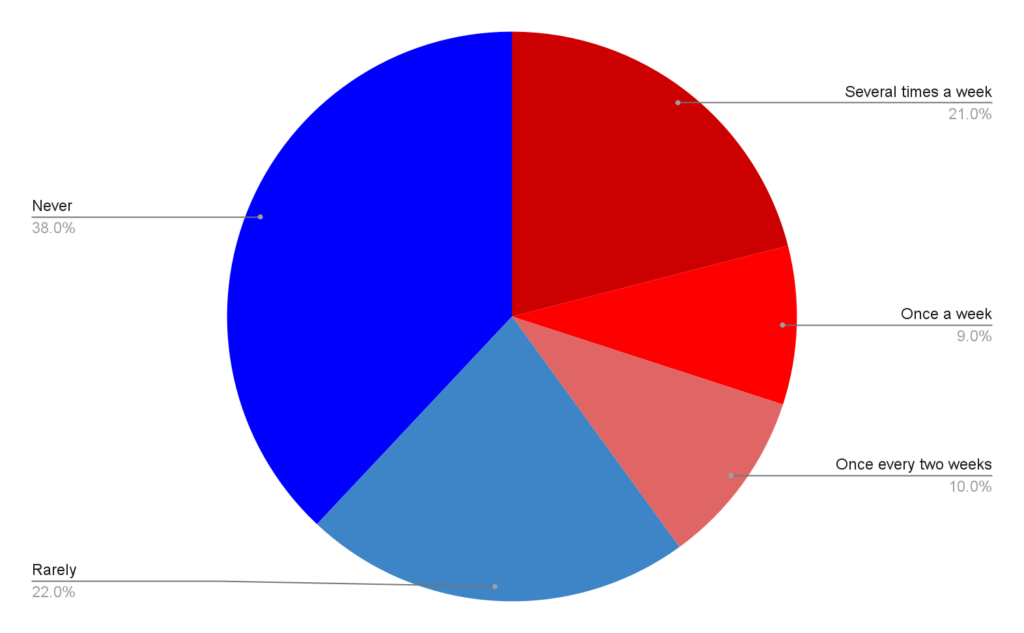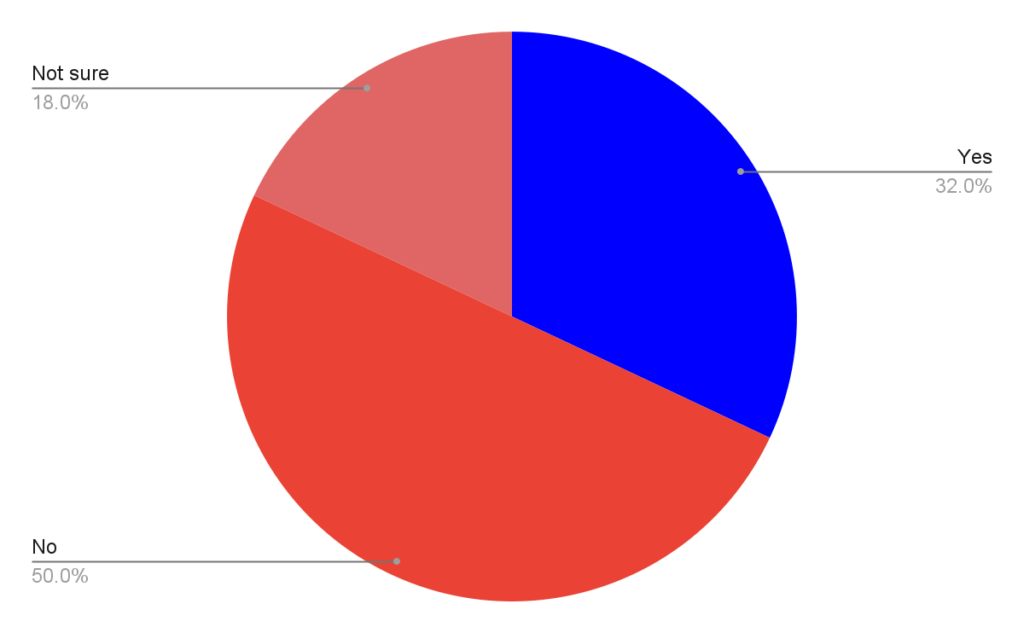WhatsApp has been a popular way to communicate in recent years, with over 100 billion messages being sent daily by about 2 billion users worldwide. WhatsApp is also a very common tool used by organizations to keep their staff connected.
While it may seem like a convenient option, there are several drawbacks to using this platform. Connecteam recently conducted a survey regarding the use of WhatsApp within a professional environment. This article will present the findings and discuss the risks they pose.
Why do businesses use WhatsApp?
It’s free, easy to use, and allows for real-time communication between individuals and groups. It features voice and video calls, file sharing, and end-to-end encryption, making it an attractive option to streamline communication. However, there are several downsides that are easily overlooked. Let’s explore them.
Organizational uses for WhatsApp

Lack of Separation Between Personal and Professional Communication
There’s a reason business and pleasure don’t mix. For starters, it can lead to confusion and misunderstandings, especially if sensitive information is shared with the wrong group of people. This goes both ways.
According to our survey, 56% of employees believe that personal and professional communications should occur on two different platforms. Using the same platform can on one hand distract employees with personal messages, and on the other hand, make it difficult for employees to unplug themselves from work-related communication outside of work hours. This can quickly result in a burnt-out and less productive workforce, which leads us to our next issue:
Legal Issues with After-hours Messaging
Managers sending messages to employees outside of work hours can pressure them into responding, even when they are not officially on duty. This blurs the line between work and personal time, which can lead to legal issues, in addition to being detrimental to mental health and work-life balance. A staggering 54% of those surveyed demand legislation for laws in regard to replying to messages outside of work hours!
After-hours work frequency caused by Whatsapp groups

2 out of 5 employees work after hours at least once every 2 weeks due to work-related Whatsapp groups.
OR
1 out of every 5 employees works after hours several times a week due to work-related Whatsapp groups.
No Cut-off in Communication with the Previous Employer
Employees who leave the company should be immediately removed from all company communications, right? Our survey found that over one-quarter of all employees are still members of WhatsApp groups from their previous job. One-third when it comes to Gen Z!
These former employees pose a significant risk in the event they are hired by a competing company. Here’s a real-life example: the VP of Operations for a retail company (that shall remain nameless) left to work for the competitors and yet remained in the previous company’s management group chat for four months. He continued to receive information about daily financial reports, upcoming promotions and launches, and other sensitive information.
The responsibility for removing an employee from the work group is not clear to most. When asked, 48% of respondents believed that the responsibility lies with the departing employee, and only 37% believed it is the employers’ duty. Clear rules should be set regarding this responsibility, otherwise, the problem will persist.
Exposure to Offensive and Inappropriate Content
Possibly the most alarming figure our survey revealed is that 22% of employees were exposed at one point or another to inappropriate content within a company WhatsApp group. For businesses, this can be a serious issue that can harm morale, damage the company’s reputation, and expose them to severe lawsuits.
However, this can be avoided by setting clear-cut policies and procedures for appropriate conduct in company communications. Even so, half of all companies do not have any such protocol!
Does your company have a communication protocol?

Conclusion
While WhatsApp may be a convenient option for personal communication, it is not a suitable option for businesses. Instead, they should consider alternative tools that offer better security and features tailored specifically to team communication in a professional environment.




